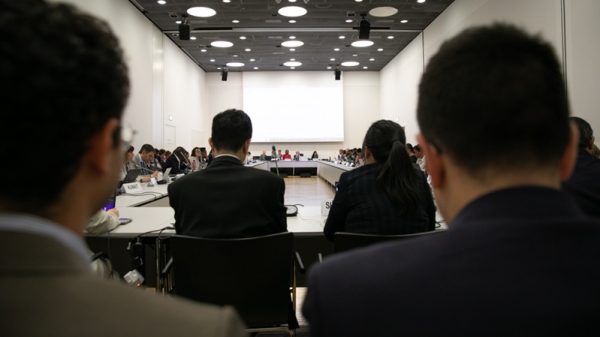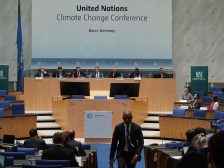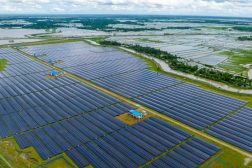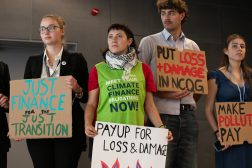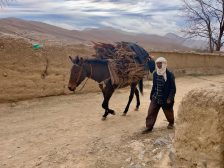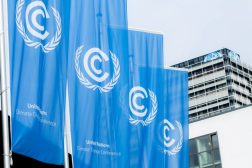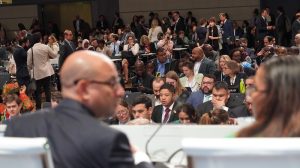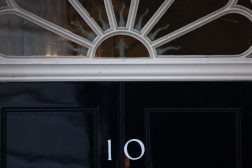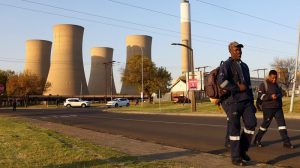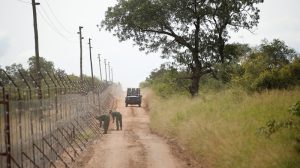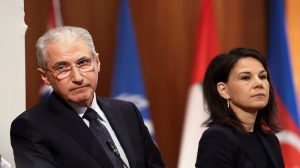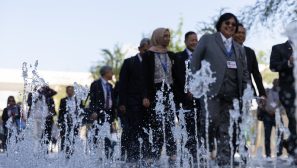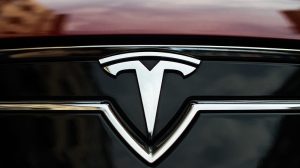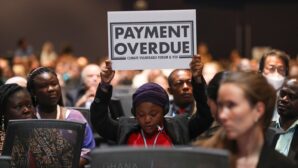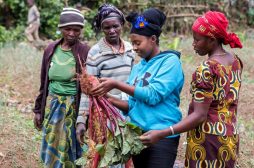UN climate talks
Bonn talks on climate finance goal end in stalemate on numbers
Negotiations failed to progress as rich countries refused to discuss a dollar amount for the new goal due to be agreed at COP29
Bonn bulletin: Fossil fuel transition left homeless
Countries clash over where to negotiate the shift away from dirty energy agreed at COP28, while talks on a new climate finance goal make little progress
No shortage of public money to pay for a just energy transition
With negotiations underway to establish a new global climate finance goal, wealthy countries are once again trying to shirk their responsibilities
Bonn bulletin: Crunch time for climate finance
Negotiators take on tricky topics in a slimmed-down finance text as UN climate chief calls for country transparency reports to shed light on NDC progress
Developing countries suggest rich nations tax arms, fashion and tech firms for climate
At Bonn talks, G77 group floats a 5% sales tax on tech, fashion and defence firms to fund green spending in the Global South
North Africa’s disappearing nomads: Why my community needs climate finance
My people are experiencing loss and damage, and deserve international support under a new climate finance goal – negotiators in Bonn and beyond must take heed
Right-wing pushback on EU’s green laws misjudges rural views
Populist and far-right parties are wooing rural voters in the EU elections by exploiting a backlash against green policies – but new research suggests it may not work
Quality – not just quantity – matters in the new climate finance goal
Negotiators in Bonn should work to ensure funding provided under a new goal set to be agreed later this year at COP29 is affordable and accessible
“Great enabler of climate action” – UN urges Bonn progress on new finance goal
UN Climate head Simon Stiell called on countries to start narrowing down options to strike a deal on post-2025 climate finance by COP29 in November
On beaches of Gaza and Tel Aviv, two tales of one heatwave
While Palestinians in Gaza fear death from heat in makeshift tents, Israelis in Tel Aviv stay cool in air-conditioned homes – highlighting the unequal effects of extreme weather
Climate, development and nature: three urgent priorities for next UK government
Revitalised global leadership from Britain can make a difference at a deeply troubling and fractured time for world affairs
As South Africa heads to the polls, voters await stalled “just energy transition”
Progress on the Just Energy Transition Partnership has been slow due to South Africa’s debt concerns and divisions over the role of gas
World Bank tiptoes into fiery debate over meat emissions
The bank has advised wealthy nations to cut subsidies for high-emissions foods but stopped far short of promoting veganism
UN agrees carbon market safeguards to tackle green land grabs
Local communities will be able to officially challenge UN-registered carbon credit projects before and after they are up and running
Tensions rise over who will contribute to new climate finance goal
Germany wants all high-emitters, especially among G20 countries, to pitch in. But China and Saudi Arabia say the responsibility lies with developed nations
Peak COP? UN looks to shrink Baku and Belém climate summits
While 84,000 delegates attended COP28 in Dubai, just 40,000-50,000 are expected at COP29 in Baku and COP30 in Belém
SBTi’s rigid emissions rules don’t reflect business reality
The Science Based Targets initiative ignores the good a company’s products do in avoiding planet-heating emissions – only counting those from its operations
UN climate chief calls for “quantum leap in climate finance”
Simon Stiell says far more money is required for developing countries to submit bold new climate plans, which would benefit all economies
Spring Meetings can jump-start financial reform for food and climate
The World Bank and IMF have a big part to play in raising the $3 trillion needed to help countries meet global development goals and the Paris accord
Forest carbon accounting allows Guyana to stay net zero while pumping oil
Experts say UN rules around forests and oil are open to abuse, so that countries like Guyana can claim to be carbon-negative without cutting emissions
